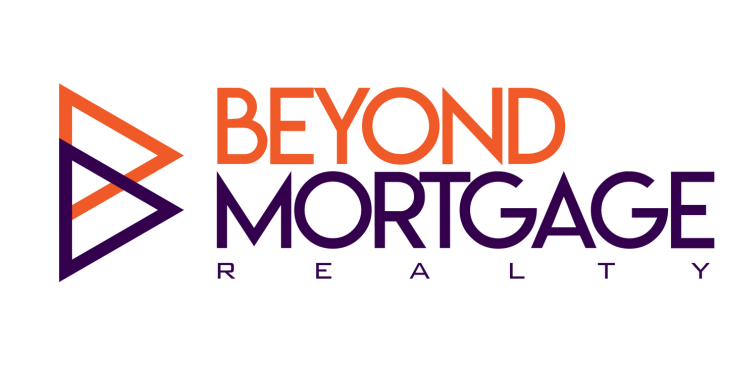Are you ready to take the leap into homeownership? One of the most important steps in purchasing a home is securing a first mortgage. But what exactly is a first mortgage and how does it work? In this blog post, we’ll break down everything you need to know about first mortgages, including who offers them, the pros and cons, and how to compare different options. By the end of this article, you’ll be equipped with all the knowledge you need to confidently navigate your first mortgage journey. Let’s get started!
What is a first mortgage?
A first mortgage is a loan that you take out to buy a home. It’s called a “first” mortgage because it takes priority over any other loans or liens on the property. In other words, if you default on your mortgage payments and your lender forecloses on the property, they get paid back before anyone else.
The amount of money you can borrow with a first mortgage depends on several factors, including your credit score, income, and how much money you have for a down payment. The interest rate will also vary depending on these factors as well as market conditions at the time you apply for the loan.
Typically, first mortgages come in two main types: fixed-rate mortgages and adjustable-rate mortgages (ARMs). With a fixed-rate mortgage, your interest rate stays the same throughout the life of the loan. With an ARM, however, your interest rate may change periodically based on market conditions.
A first mortgage is one of the most significant financial decisions you’ll make in your lifetime. It’s crucial to understand all aspects of this type of loan before signing any agreements with lenders or brokers.
How do first mortgages work?
When you’re in the market to buy a home, understanding how first mortgages work is crucial. A first mortgage is a loan from a lender that covers the cost of purchasing your home. You make monthly payments on this loan until it’s paid off.
The amount of your mortgage payment depends on several factors, such as the interest rate, size of the loan and term length. Interest rates can vary depending on current market conditions and your creditworthiness.
A common term for a first mortgage is 30 years, but other terms are available depending on what works best for you. The longer the term, typically means smaller monthly payments but higher total interest paid over time.
To qualify for a first mortgage, lenders will look at several things including income level, employment history, and credit score. It’s important to research different lenders to find one that offers competitive rates and suits your individual needs.
Once approved for a first mortgage and closed on your new home purchase with required down payment funds provided by yourself or gift money from family members; then making consistent monthly payments becomes necessary to maintain ownership while building equity in your home over time!
Who offers first mortgages?
When it comes to buying a home, taking out a mortgage is often the most viable option for many people. But who offers these mortgages and how do you know which lender to choose?
First mortgages are offered by a variety of institutions such as banks, credit unions, and mortgage lenders. Each of these options has its own set of pros and cons depending on your personal financial situation.
Banks are traditional lending institutions that offer first mortgages with competitive interest rates. They also have more rigid requirements when it comes to credit scores and income verification. Credit unions tend to have lower fees but may require membership before granting a mortgage.
Mortgage lenders specialize in providing loans specifically for purchasing homes. They often have more flexible approval guidelines than banks or credit unions but may come with higher interest rates.
It’s important to shop around and compare different offers from various lenders before making any final decisions. This can help ensure that you get the best possible terms for your first mortgage loan.
A first mortgage is an essential tool for anyone looking to purchase their own home. By understanding how they work and the pros and cons of each offer, you can make an informed decision on which type of first mortgage is best suited for your needs.
Whether you’re a first-time homebuyer or someone looking to refinance your current loan, remember that getting a mortgage is a significant financial commitment. That’s Beyond Mortgage is there to guide you through the process.
